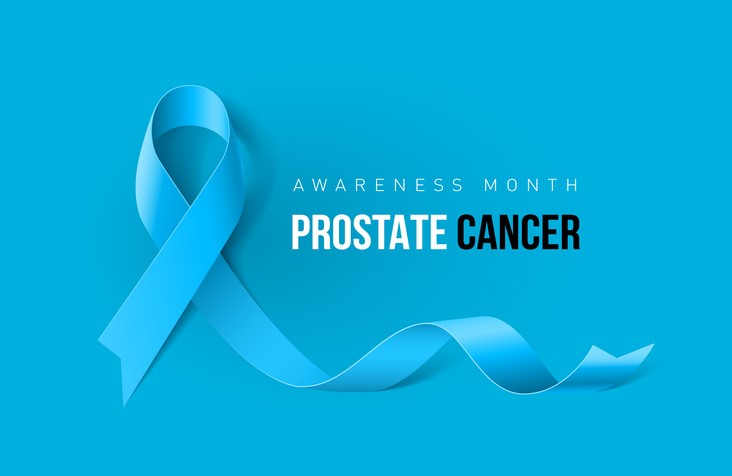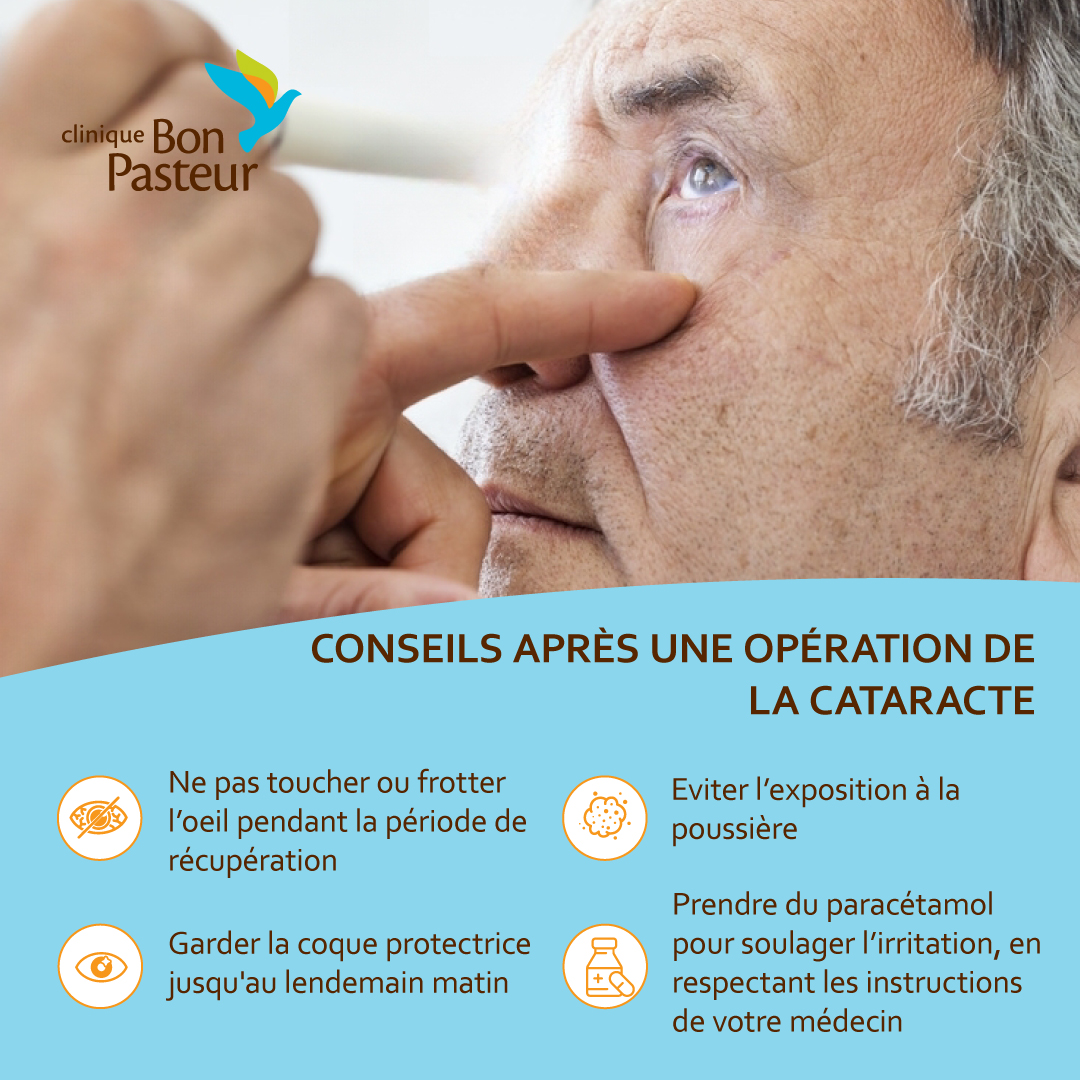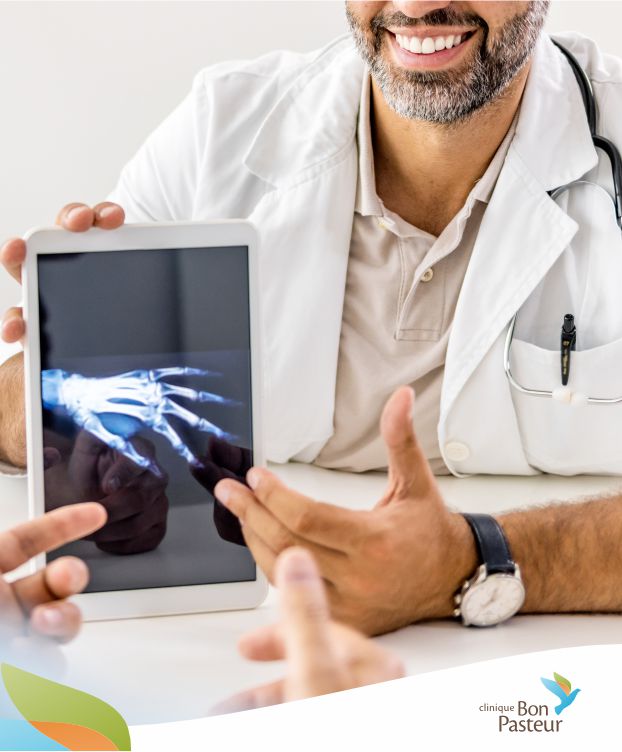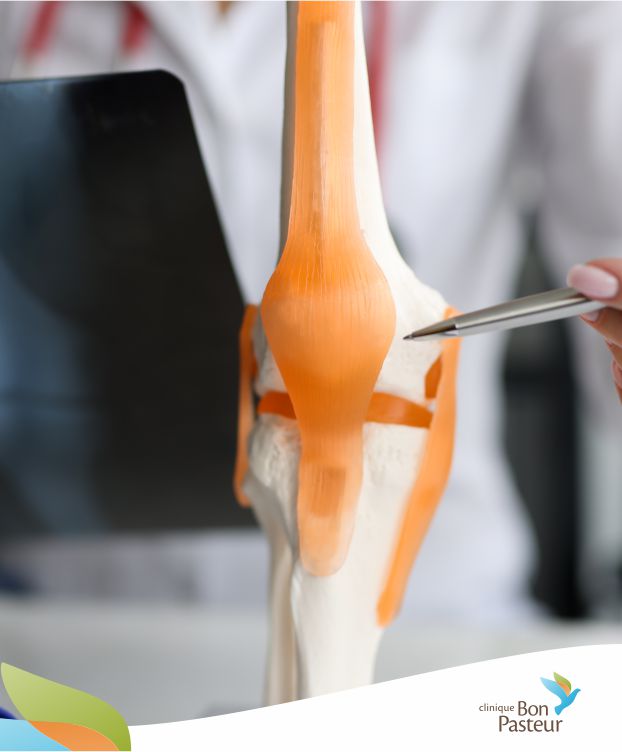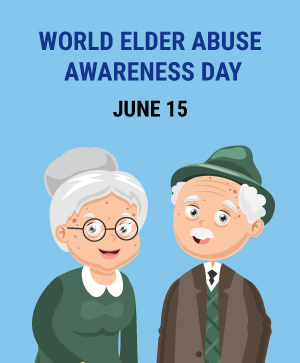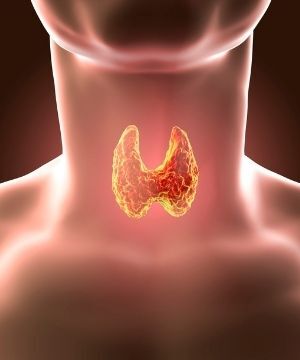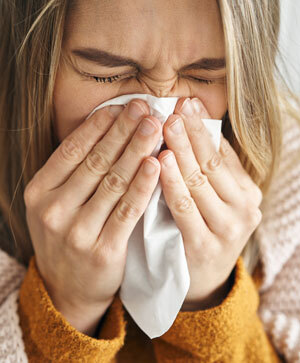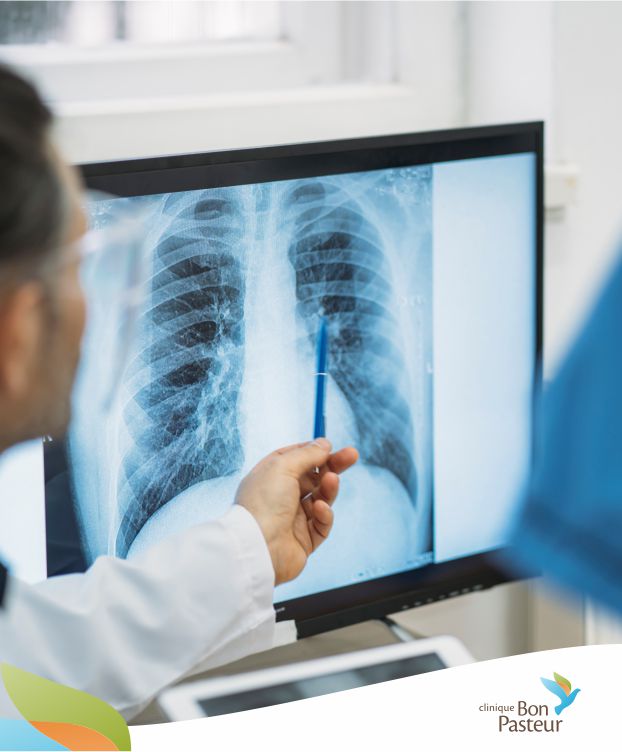True/False: everything you need to know about vitiligo
June 26, 2022
Even today, vitiligo is a condition that is still causing researchers much concern! Affecting about 1% of the population, it is expressed by a gradual depigmentation of the skin that irregularly affects certain parts of the body, particularly the face, extremities, joints and friction zones. Dr Adnath, dermatologist at the Bon Pasteur Clinic, goes over some preconceived ideas.
Vitiligo is an autoimmune disease.
True, like psoriasis or rheumatoid arthritis, vitiligo is an autoimmune disease. Researchers agree that the affected person’s immune system produces antibodies that attack melanocytes, the cells that produce melanin – a substance that produces skin pigmentation.
There are different types of vitiligo.
False, but it can be classified into two main forms: the segmental form, which affects one area in particular, and the generalized form – the most common – which affects several areas of the body. It can also be active or stable.
Vitiligo is a contagious disease.
False: Vitiligo is a harmless, non-infectious and non-contagious skin disease.
Vitiligo can appear at any age.
True. While most cases of vitiligo occur in the teenage or young adult years, it can also occur in early childhood or later in life, although this is less common.
Vitiligo is hereditary.
False, but you can be prone to developing vitiligo. A person with a parent with vitiligo has a 5-8% chance of developing the disease.
Vitiligo and thyroid problems are often linked.
True. Vitiligo is often associated with other autoimmune diseases, especially in people with endocrine disorders. It is estimated that 15-20% of people with vitiligo also have autoimmune hypo- or hyperthyroidism.
There is no treatment for vitiligo.
True. The treatment of vitiligo is the subject of much research, not all of which is yet conclusive. The most popular treatment remains UVB phototherapy which, in certain cases, makes it possible to stimulate the remaining melanocyte reserve and activate partial repigmentation.
Vitiligo is detected by clinical examination.
True. Vitiligo is easily recognized by a basic skin inspection. The dermatologist may also use a Wood’s lamp, an ultraviolet light, to confirm the diagnosis and rule out other types of skin discoloration.
Vitiligo has long-term consequences, including skin cancer.
True and false. In itself, having vitiligo does not increase the risk of developing skin cancer, quite the contrary! Actually, the presence of melanoma is three times lower for these people. However, unprotected exposure to the sun could lead to the appearance of carcinoma-type cancers on the discolored areas, which is why it is so important to protect yourself carefully whenever you are out in the sun!
For more information, do not hesitate to get in touch with us on 401 95 00. Our team of dermatologists will be able to assist you with all your questions.
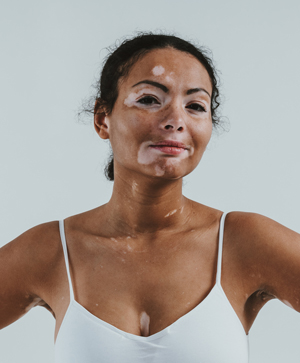
Related Article
